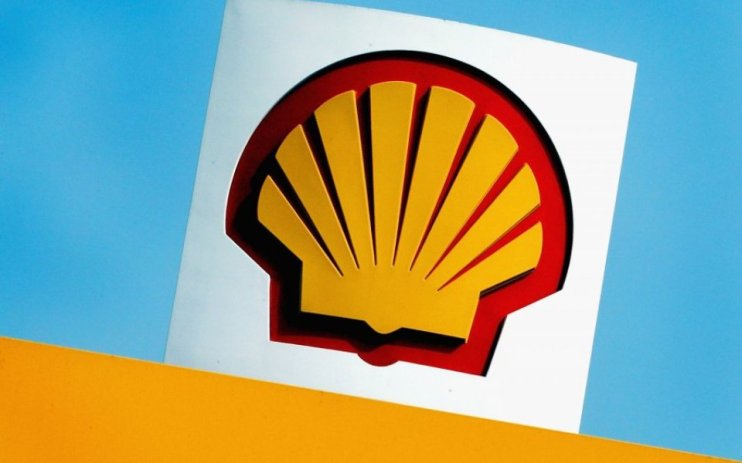Shell urges shareholders to reject activist calls for more stringent climate change targets

Shell has called on investors to rejects calls from activists to ramp up its environmental targets, ahead of a shareholder showdown next month at the oil giant’s annual general meeting.
The Dutch activist group Follow This is pushing for Shell to set and publish targets in line with the Paris Climate Agreement.
This includes limiting global warming to well below two degrees above pre-industrial levels, and to pursue efforts to limit temperature rises to 1.5 degrees.
The matter will be put to a vote in a resolution, which also cites estimates from the International Energy Agency that net absolute emissions be reduced 40 per cent by 2030.
However, Shell has warned shareholders more stringent commitments would not be in the best interests of the company or its investors.
In a report detailing the firm’s carbon reduction performance, the fossil fuel titanit was “unreasonable” to to require any single company to adopt 2030 targets that “go further than even the most progressive pathways to net zero in its sector.”
It said: “Your directors believe that resolution 21, if adopted, could result in unrealistic interim targets that are harmful to the company’s energy transition strategy and against good governance.”
The company described its current energy transition strategy as “robust”, with Shell aiming to reach net zero carbon emissions by 2050.
This ambition was backed by 89 per cent of investors, when it was put before shareholders at the company’s previous annual general meeting last year.
Shell cuts down emissions amid net zero push
Environmental issues have been a matter of contention for Shell for some time, with a Dutch court ruling last year that the oil giant was legally obliged to cut greenhouse gas emissions by 45 per cent by 2030 from 2019 levels.
This partly motivated its recent decision to move its headquarters to the UK, alongside wanting to secure its buyback scheme for shareholders.
Shell’s latest report revealed it has reduced its greenhouse gas emissions by 16 per cent over the last five years, and that the business would reach net zero without any requirement for societal progress and advancements.
Overall emissions fell from over 1.6bn tonnes of carbon dioxide equivalent in 2016 to less than 1.4bn tonnes last year.
The figure includes the emissions that Shell produces itself (so-called Scope 1 and 2 emissions) and those produced by its customers when they use its products (Scope 3).
To reach net zero, any emissions that cannot be eliminated will need to be offset by, for example, planting trees.
It is also paying out bonuses for its senior executives linked to the energy transition, for the first time, having announced the move in 2019.